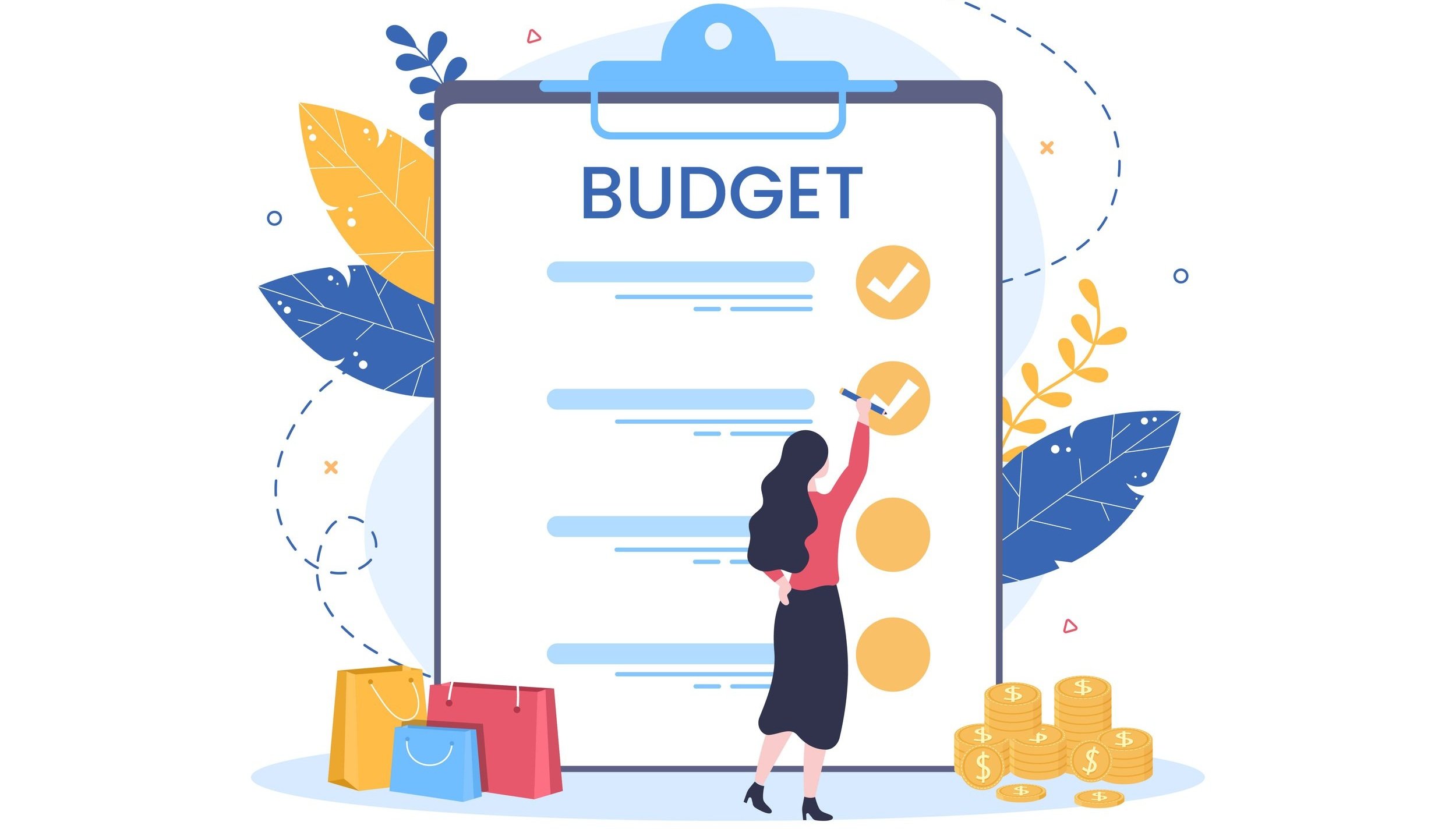How To Set Up A Budget And Stick To It
A budget is the cornerstone of a healthy financial life. We’ll show you how to set up a budget and stick to it.
A monthly budget gives you vital information; how much money is coming in, how much is going out, and where it’s going. A budget lets you see your spending habits at a glance and can help you reach your financial goals. We’ll show you how to create a budget, factor in unexpected expenses, how to stay on track in the short and long-term, and still have money for the fun things in life!
Creating a budget
Creating a budget is easier than ever, thanks to the internet! There are all kinds of budgeting programs available, and one of our favorites is Mint. Mint makes automating your budget easy. All you have to do is create an account, link your bank accounts and credit cards, and Mint does most of the work.
The program pulls in all of your transactions and organizes them for you by category. You can refine these categories to your liking, but you don’t have to enter all transactions manually. Mint is free to use, and your information is safe. Mint is owned by Intuit, the same company that owns Turbo Tax, so if it’s safe enough to file your taxes, it’s safe enough to do your budgeting.
The 50/30/20 method
There are several methods to budget your money, and some of them are overly complicated. The key to setting up a budget and sticking to it is simplicity. The more complex something is, the harder it is to stick to. So we like the 50/30/30 budgeting method. It works this way:
50%: Half of your net (after-tax) income is budgeted for essential expenses like housing, groceries, utilities, debt payments, insurance, car payments, etc.
30%: Thirty percent of your net income is for non-essential expenses like entertainment, clothing, hobbies, and vacations.
20%: The remaining 20% of your net income is for your money goals like paying off debt, saving for a home, an emergency fund for unexpected expenses, or saving for retirement.
If, however, you have a lot of high-interest debt like credit card debt, it’s best to switch the 30% and 20% categories until that debt is paid off.
One thing that often derails budgeting efforts is being too strict. If you never budget any money for the fun things in life, your budget isn’t realistic. You work hard for your money, and you’re allowed to enjoy some of it! But you must budget that “fun” money into your calculations and not regularly exceed it.
Making adjustments
Over time your income and expenses change, and your budget needs to change to accommodate those things. When your income increases, be careful of “lifestyle creep.” Just because you are making more money doesn’t mean you have to spend more money, or at least not a lot more money. Whenever your income increases, look at it as a chance to make progress on your financial goals, not just a chance to spend more.
If your expenses increase, but your income isn’t keeping up, look for spending leaks, areas where you’re spending more than you realize. Situations like this are why having an emergency fund is so important. A sudden increase in expenses from something like a necessary home or car repair can really throw your budget out of whack, but if you have an emergency fund, those expenses are more easily absorbed without having to make big cuts to your regular spending.
Upwardli is here for you
Upwardli was created to help new immigrants to the U.S. navigate the financial system, but we have tools and resources that can help anyone improve their financial life.


